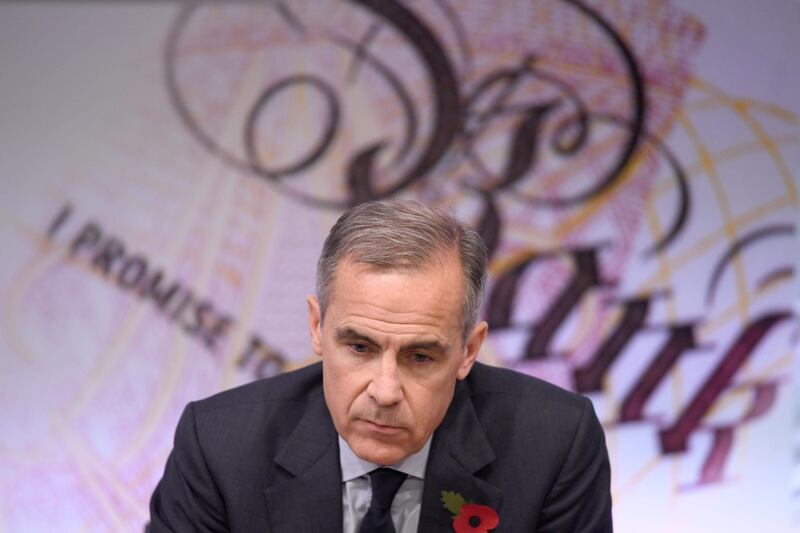Asian shares took a breather on Friday as investors gave a guarded greeting to Republican plans for massive U.S. tax cuts, while welcoming the appointment of a sober centrist at the helm of the world’s most powerful central bank.
Apple stock reached new heights after it forecast holiday sales would beat market expectations, a likely positive for its many suppliers scattered across Asia.
EMini futures for the Nasdaq were up 0.3 percent in reaction and spreadbetters pointed to opening gains for the main European bourses.
A holiday in Japan kept volumes light, while investors observed the usual caution ahead of the U.S. payrolls report which is expected to show a big bounce back from September’s hurricane-hit result.
MSCI’s broadest index of Asia-Pacific shares outside Japan inched up 0.1 percent, to be just a whisker from its highest since late 2007.
Australia's main index firmed 0.4 percent, while China's blue chips 0.5 percent lower.
News that Federal Reserve Governor Jerome Powell would be the new head of the U.S. central bank was well flagged, but still something of a relief.
“He is seen as very much the continuity candidate, he hasn’t dissented in his time as a Fed Governor and his thinking is seen as very much allied to the status quo data-driven style at the Fed,” said David de Garis, a director of economics at NAB.
In Washington, House Republicans finally unveiled long-delayed plans for deep tax cuts that President Donald Trump has promised, setting off a frantic race in Congress to give him his first major legislative victory.
Passage of legislation that mainly favours corporations and the wealthy was far from certain, and some business groups quickly came out against it.
“The tax package will undergo several re-writes and given the contentious debate on day one the final version is likely to be delayed and will be smaller in scope,” said Richard Franulovich, an economist at Westpac.
“The market reaction to the tax plan details has been equally lukewarm.”
While the Dow rose 0.35 per cent on the back of banking shares, the S&P 500 added just 0.02 per cent and the Nasdaq eased 0.02 per cent.
Housing stocks also slid amid concerns over the tax plan’s cap on deductions for mortgages.
Currency investors were equally underwhelmed, leaving the U.S. dollar flat against most peers as Treasury yields dipped. Against a basket of currencies it was stuck at 94.664 after a week of narrow range-trading.
It was also steady on the yen at 114.00 having repeatedly failed to break resistance in the 114.28/45 zone.
Not so steady was sterling, which took a hammering overnight when the Bank of England hiked rates for the first time in a decade but said further moves would be “very gradual”.





